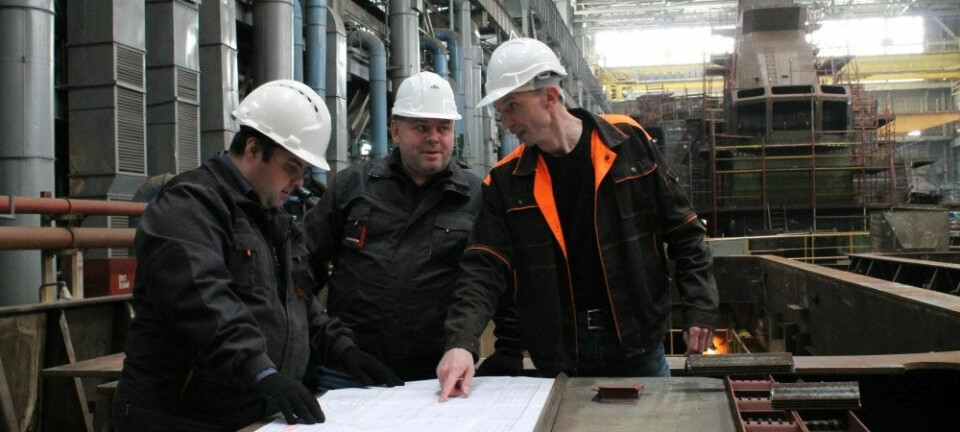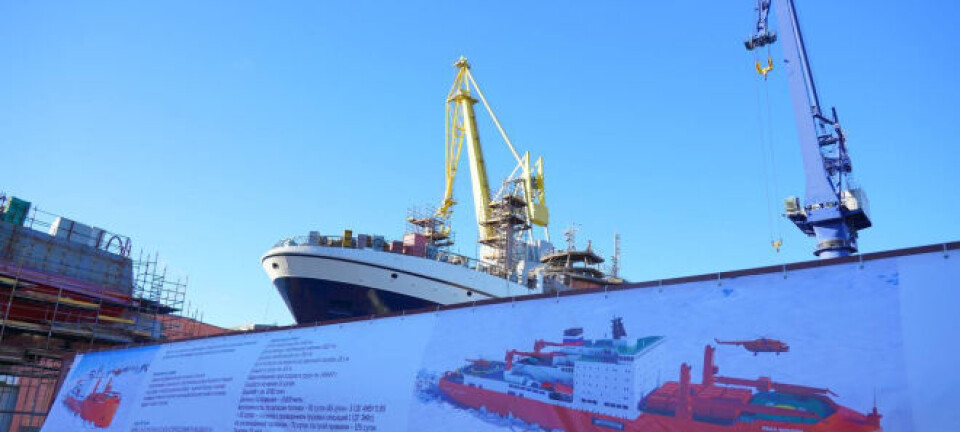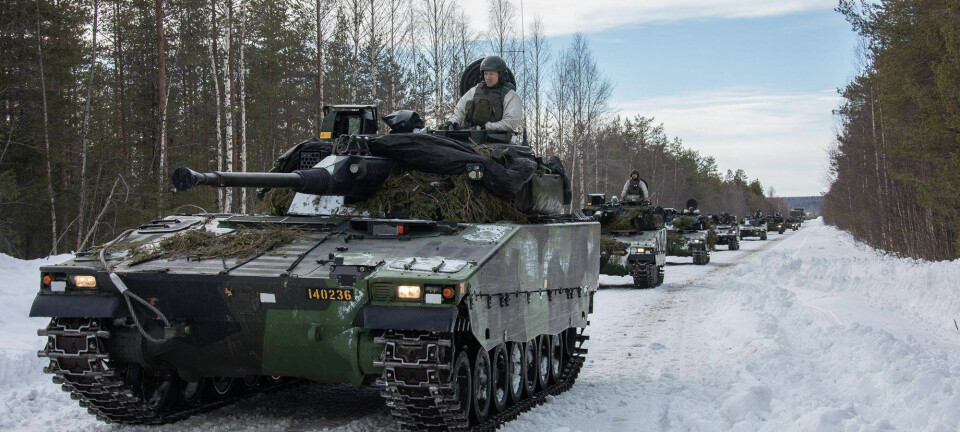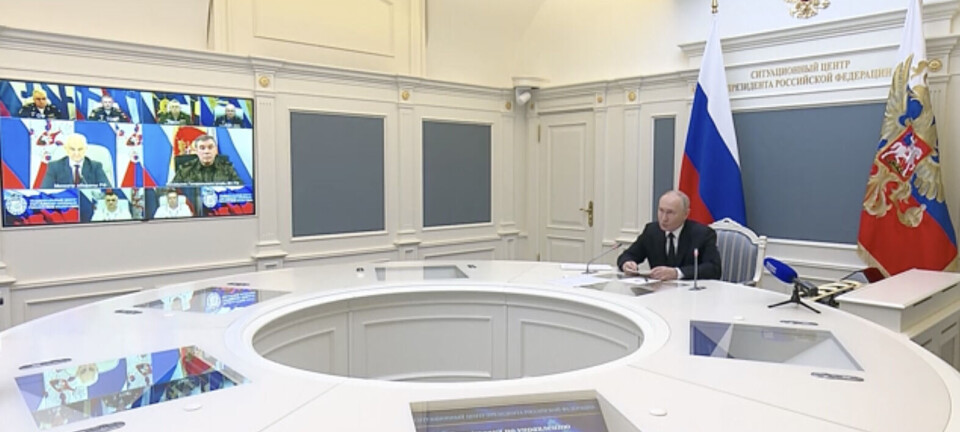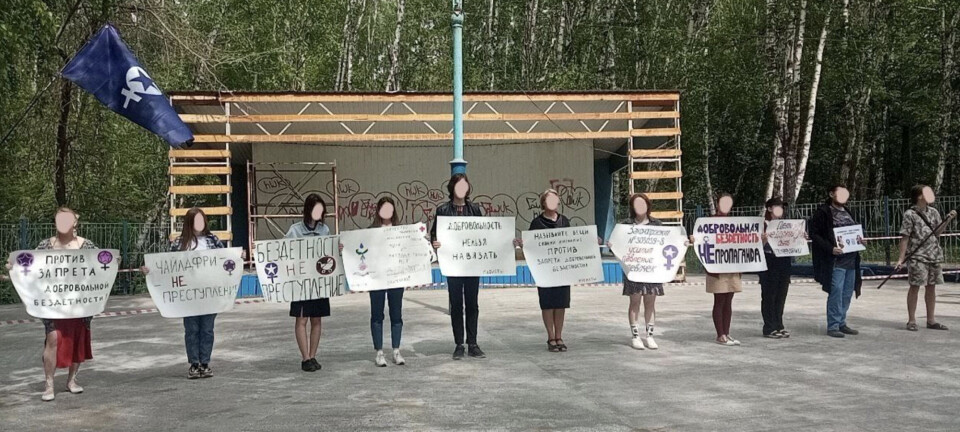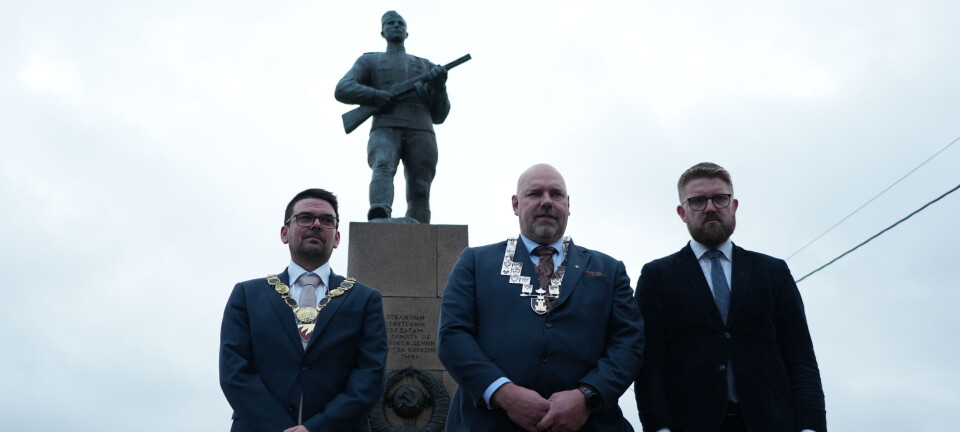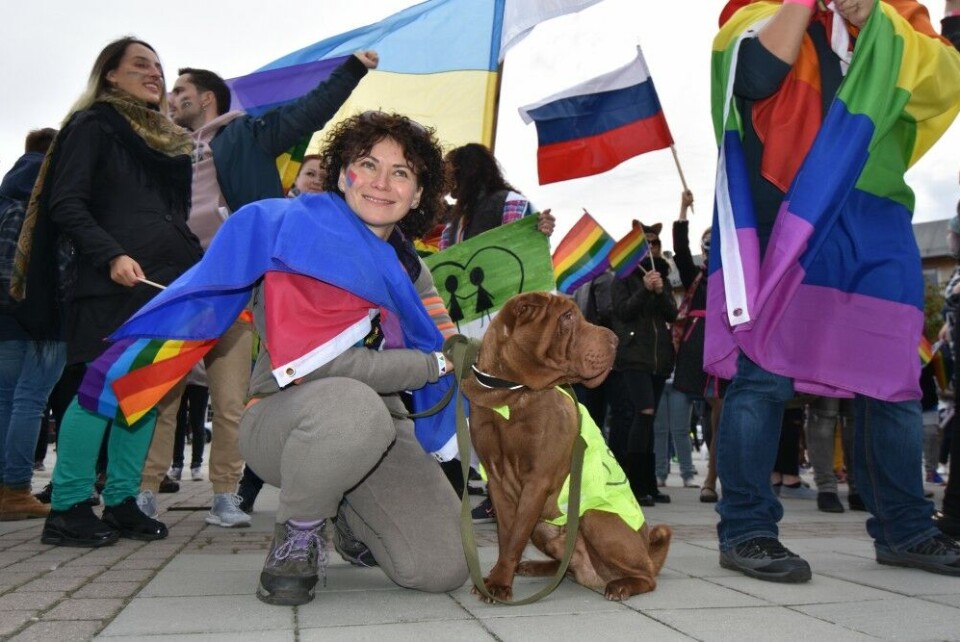
Valentina receives Thorvald Stoltenberg's award for her work on minorities rights in the Barents region
"I believe international cooperation is important on all levels. It helps you see the world with other eyes, exchange experiences, understand there are other values than your own, Valentina Likoshva said.
Valentina Likoshva (39) from Murmansk has for years been advocating social justice, LGBT rights, migrants and refugees and others who fall outside society’s norms.
It was Thorvald Stoltenberg’s grandson, Emil Aas Stoltenberg, who announced the award winner at the Kirkenes conference on February 17. This year in a virtual version due to Covid-19 pandemic.
“Valentina gets the prize for her work over many years for social justice, equality, health and human rights in the Barents region,” Emil Aas Stoltenberg said.
He underlined the important role Valentina Likoshva had as the initiator of Barents Pride, an annual cross-border event with parades and meetings for the LGBT community in northern Norway, Russia and internationally.
Thorvald Stoltenberg’s award for promoting international dialogue consists of a 20,000 kroner (€1,960) travel grant and a miniature bust of the former Norwegian Foreign Minister who in 1993 initiated the Barents cooperation together with his Russian colleague Andrei Kozyrev and the other Nordic foreign ministers.
“I believe international cooperation is important on all levels. It helps you see the world with other eyes, exchange experiences, understand other values than your own,” Valentina Likoshva said in a pre-recorded interview at the virtual conference.
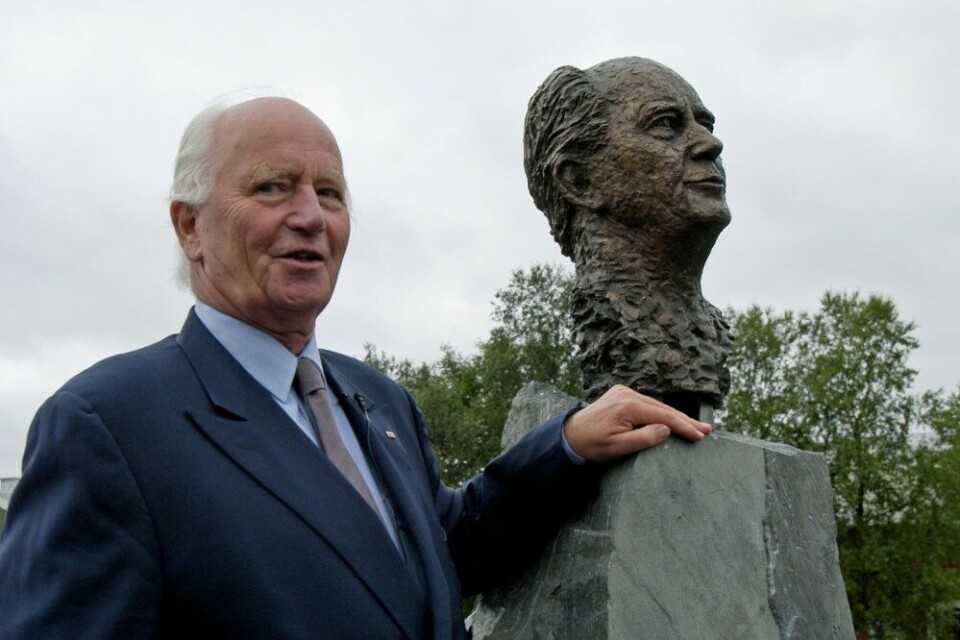
Barents cooperation
Thorvald Stoltenberg died in 2018, 87 years old.
“In 1992 I saw the possibility of making this closed border between Norway and Russia into a bridge, instead of a barrier, changing the relation from confrontation to cooperation,” he once said to the Barents Observer.
The purpose of the Barents cooperation is to strengthen east-west infrastructure, establish people-to-people contacts and thereby contribute to the economic, cultural and social development of the Region. The Barents Cooperation promotes people-to-people contacts and economic development and creates good conditions for interregional exchange in many different fields like culture, indigenous peoples, youth, education, trade, environment, transportation and health.
In recent years, the cross-border people’s cooperation has been troubled by severe crackdowns on civil society by Russian authorities.
Many of the non-governmental organizations previously key to the Barents cooperation have been added to Kremlin’s “foreign agent” list, forcing many to cease activities. One such organization was the LGBT-friendly NGO Maximum in Murmansk. The organization provided psychiatric support for youth and arranged seminars and meetings with similar organizations in the Barents region.



